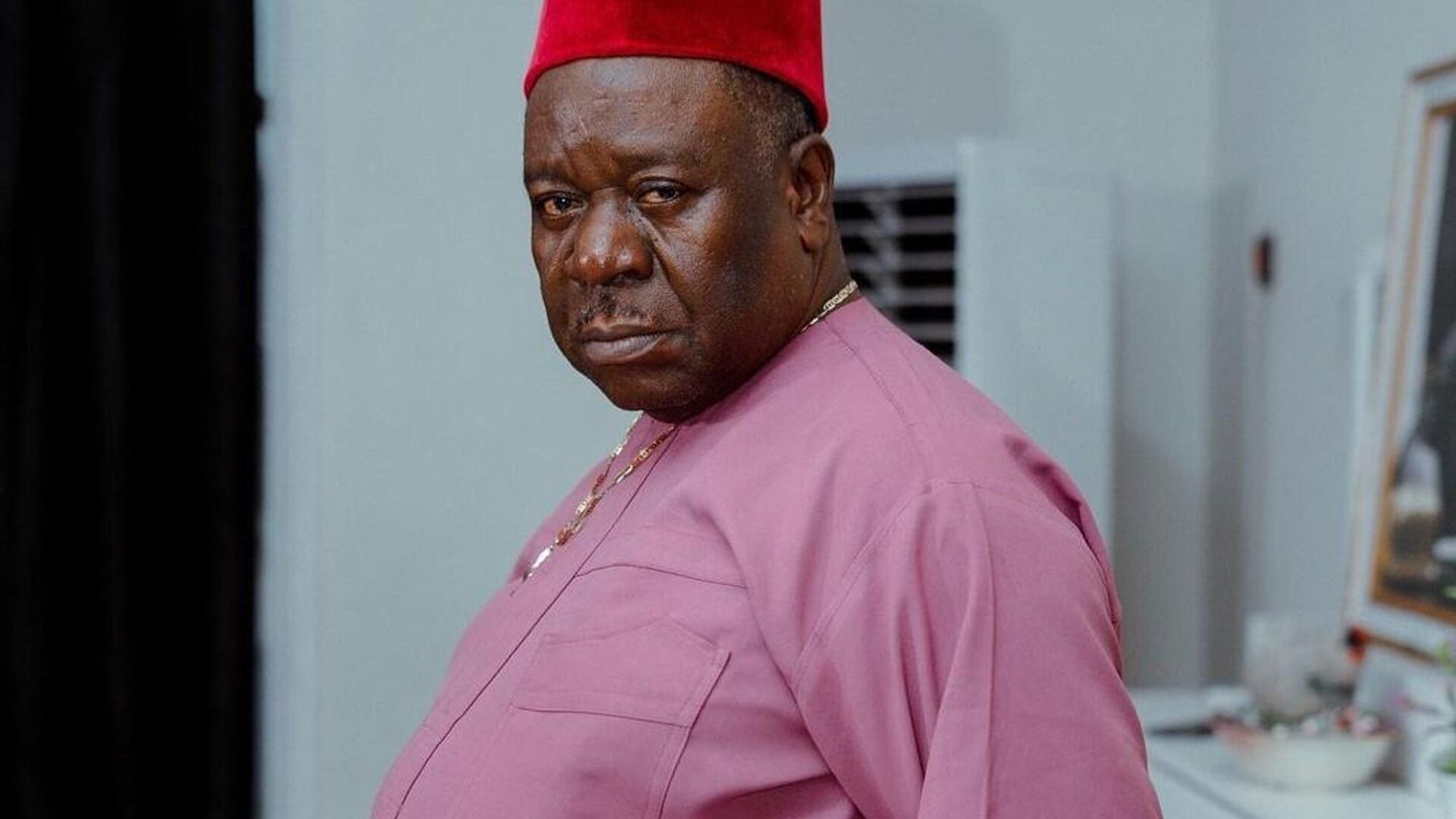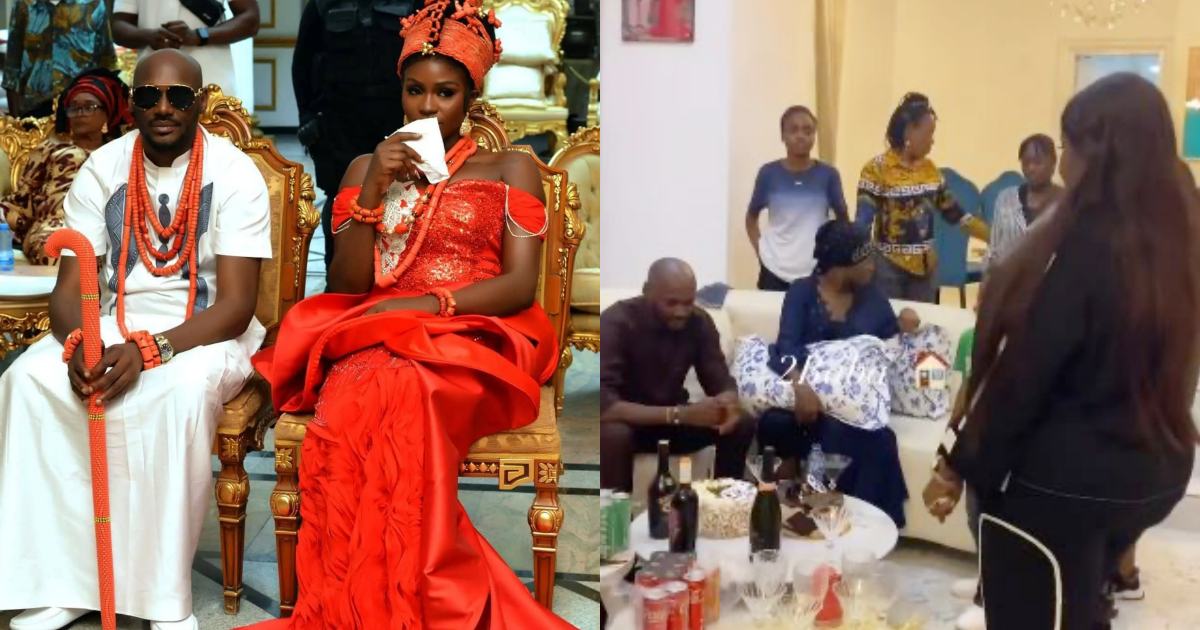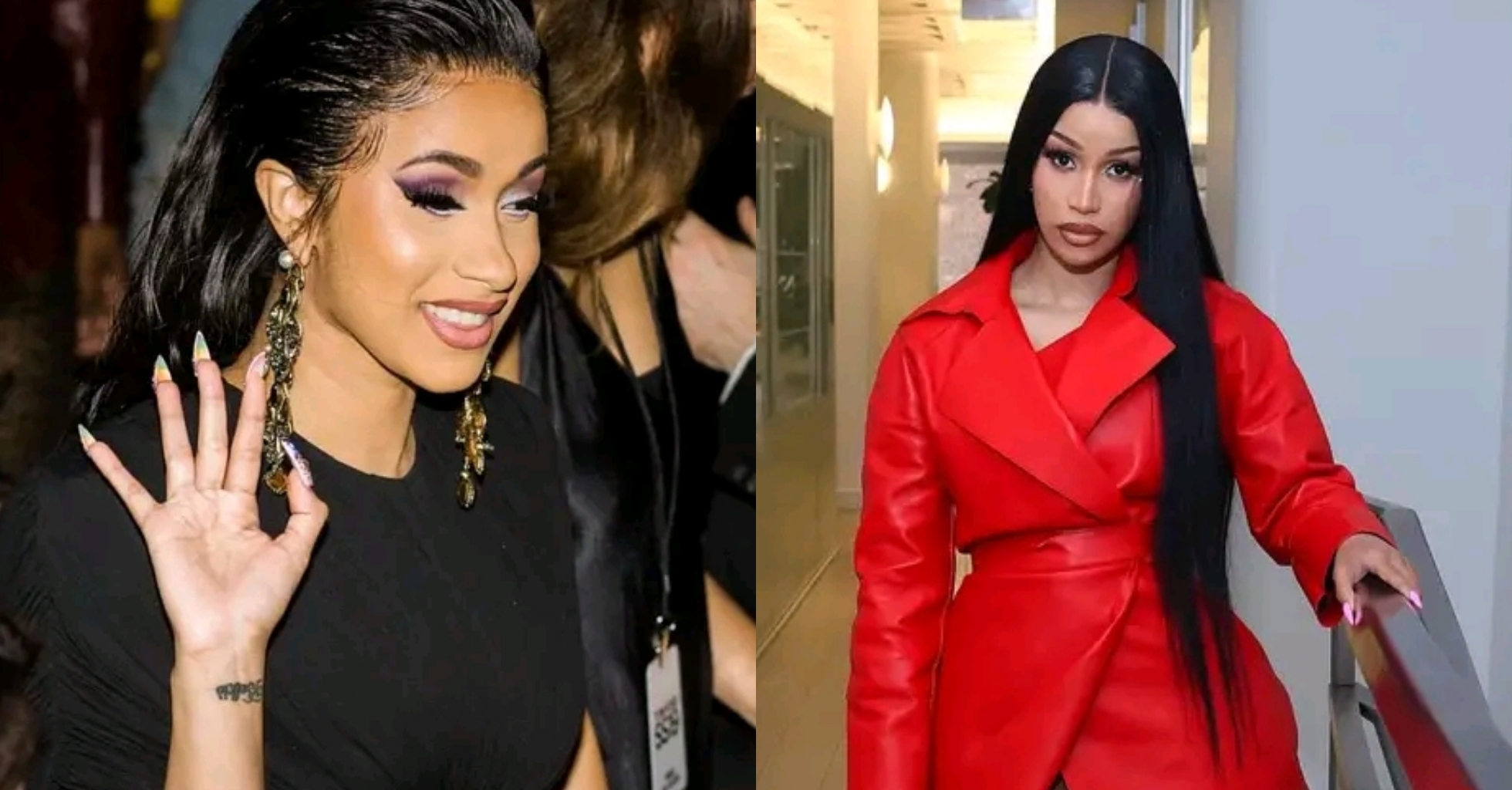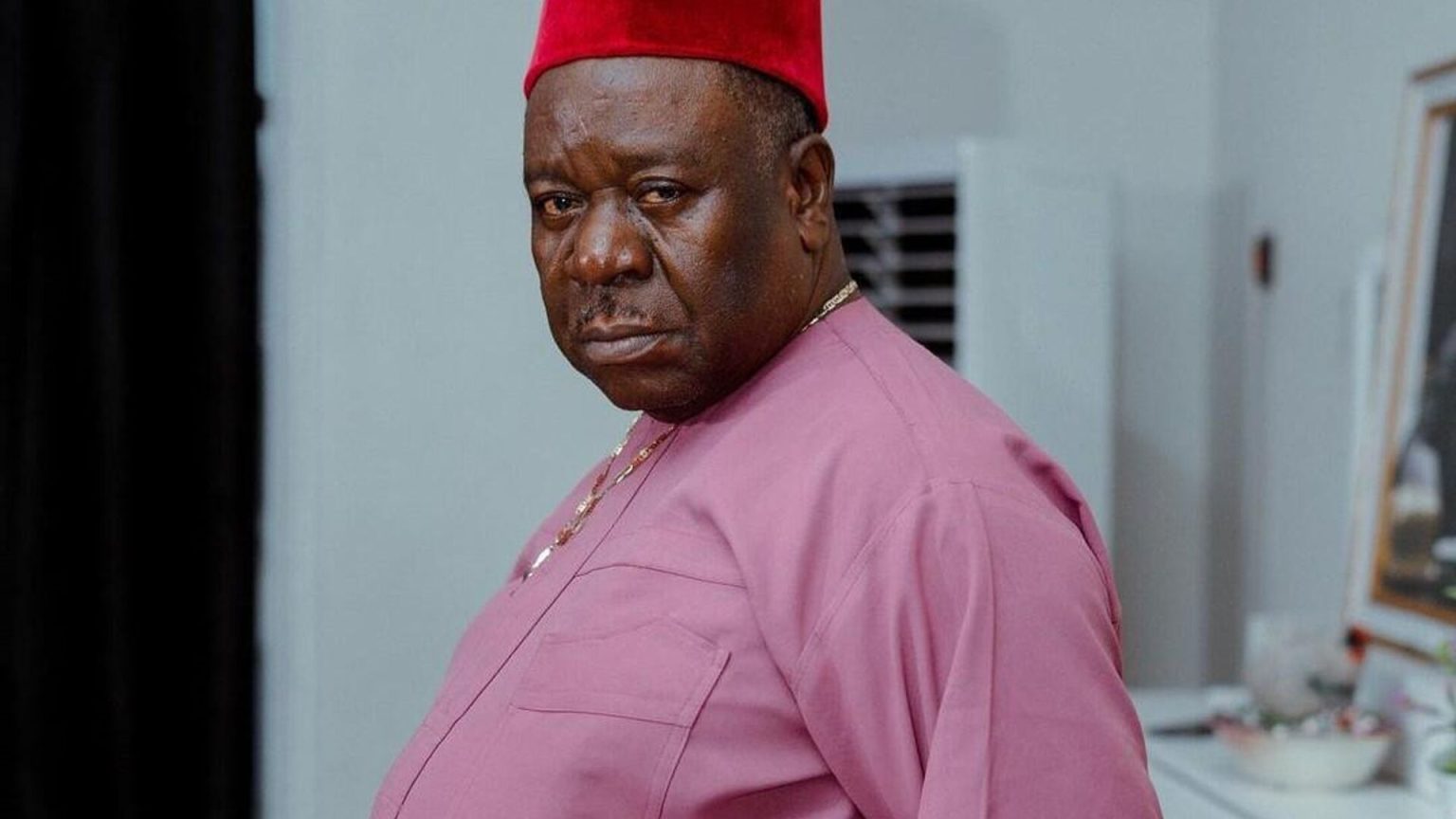
It’s a heartbreaking pattern that Nigerians have become all too familiar with: photos or videos of a once-celebrated Nollywood actor now frail and bedridden, circulating online alongside crowdfunding appeals. Messages often follow: “This legend needs N10 million for surgery.” Or worse, “We lost another icon.”
Actors like Saint Obi, Enebeli Elebuwa, Obinna Nwafor (Saint Obi), Leo Mezie, and Ashley Nwosu, Mr Ibu, Ngozi Nwosu, and Prince James Uche have all publicly solicited funds during their health crises and eventually, with the exception of Ngozi Nwosu, passed away after battling various ailments.
This trend raises a pressing question: Why do so many Nollywood veterans fall into financial and medical ruin in their later years?
READ: 5 Nollywood stars who have solicited funds in recent times
They were paid peanuts during their prime?
The simplest and perhaps most painful truth is this: most of these actors were grossly underpaid during their prime.
In the 1990s and early 2000s, actors helped shape the industry into a powerhouse. But behind the scenes, even A-list performers were earning as little as ₦20,000 to ₦100,000 per role, depending on their status. A handful might command ₦500,000 or more, but even that amount was irregular and unsustainable.
For actors like Enebeli Elebuwa and Justus Esiri, who starred in dozens of films and TV series, there were no royalties, pensions, or structured contracts.
It was gig work at best, and exploitation at worst. Residuals, a standard in Hollywood and other advanced film economies, did not exist.
Once the film was done, so was the payment, no matter how many times the movie was resold, televised, or pirated.
Veteran actress Patience Ozokwor once mentioned in an interview that in her early days, she accepted some roles just for visibility. The pay? “Peanuts,” she said. Sadly, many of her peers weren’t able to recover financially before age and illness caught up.
ALSO READ: Patience Ozokwor talks about abandoning a man she loved for one her mum chose
No health insurance, no safety net
Nigeria’s healthcare system is notoriously underfunded, and access to quality care often depends on private hospitals, meaning money determines survival. Yet, for many Nollywood veterans, there was never any structure in place to ensure long-term welfare.
Until very recently, Nollywood operated without a formal health insurance scheme, pension structure, or actors’ union strong enough to guarantee medical coverage. When stars like Leo Mezie or Prince James Uche fell sick, the Nigerian public became their insurance.
Mr Ibu (John Okafor), whose diabetes-related health challenges dominated the headlines for months, reportedly underwent multiple surgeries and relied heavily on public donations.
Before his passing in 2024, he lamented that “Nollywood abandoned him,” though the Actor’s Guild of Nigeria (AGN) claimed they supported him within their limits.
ALSO READ: AGN holds candlelight service for late Nollywood veterans Mr Ibu, others in FCT
Financial mismanagement or Fame without financial literacy?
Of course, the conversation wouldn’t be complete without acknowledging the role of financial recklessness. For many actors, fame came fast, but without the tools to manage the income wisely or invest for the future.
Some actors lived large, spending on flashy cars, parties, or maintaining expensive public personas. The lack of financial planning, combined with the absence of long-term earnings, made it almost impossible to weather the unpredictability of both the industry and life itself.
EXPLORE THIS: Mercy Eke throws weight behind BBNAIJA 10/10 housemate
The irregularity of acting work also meant that when the scripts stopped coming, due to age, trends, or politics, so did the income. Unlike professions with fixed retirement benefits, acting offered no safety net unless one was exceptionally lucky or diversified income early.
Illnesses of Ageing and the high cost of Nigerian healthcare
The illnesses many Nollywood veterans face — kidney disease, diabetes, hypertension, stroke, and cancer — are chronic, expensive to manage, and often diagnosed late due to poverty or denial. Healthcare in Nigeria is largely out-of-pocket, and public hospitals are overstretched and under-equipped.
By the time actors go public, their conditions are often advanced. The pleas for financial assistance are no longer about check-ups or early intervention; they’re about emergency surgery, dialysis, organ transplants, or life-saving evacuations abroad.
READ THIS: Pulse List: 10 Nigerian entertainers who got hit with ill health
For example:
Leo Mezie battled kidney disease for years before passing away in 2022. Despite a kidney transplant and crowdfunding efforts, he couldn’t sustain the long-term care needed.
Enebeli Elebuwa suffered a stroke in 2012 and was flown to India for treatment, but he never recovered.
Ashley Nwosu, another celebrated face of early Nollywood, died in 2011 from complications arising from liver disease.
Victor Olaotan, known for his role in Tinsel, suffered a major accident and spent years bedridden before passing in 2021. He also relied on public goodwill and GoFundMe campaigns.
Public sympathy, but no structural change
Each time a veteran actor falls ill, Nigerians respond with compassion, and social media campaigns trend. Governors, first ladies, and philanthropic organizations sometimes intervene. But once the crisis passes or the actor passes away, the cycle resets.
What can be done?
READ ALSO: One Year Later: Remembering Onyeka Onwenu, Nigeria’s Elegant Stallion






